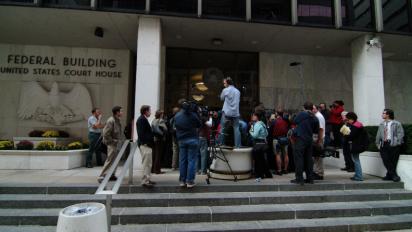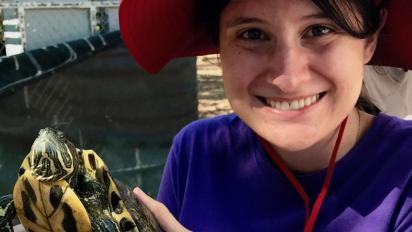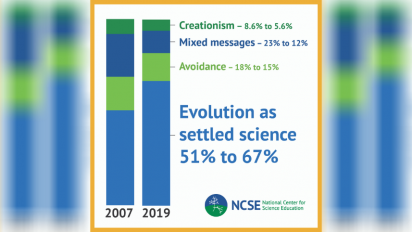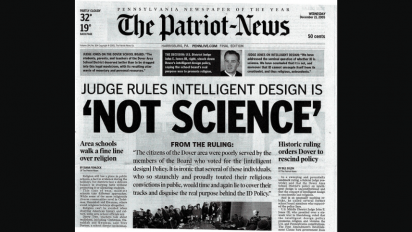"Science is a way of knowing” is the title of the first lesson in NCSE’s newly launched five-part teaching unit on the nature of science. It’s a fitting declaration in this time of continual misinformation and disinformation, particularly when it comes to COVID-19. In fact, the novel coronavirus plays a starring role in the nature of science unit: it’s an “anchoring phenomenon” around which each of the five lessons is built.
“We wanted something that is really relevant to students,” explains NCSE’s Director of Teacher Support Lin Andrews and a lead author of the unit. “When teachers went back in the fall, they had not been with their students since March to answer their questions about coronavirus. Their students returned with a lot of questions—about the virus and about science—and needed help figuring out the answers.”
Like NCSE’s climate change lessons and soon-to-come evolution lessons, the nature of science unit takes a misconception-based approach to teaching and learning. To combat misconceptions, students are given opportunities to examine evidence— for example, an online interactive that shows how face coverings prevent particle dispersion—to answer everyday questions like, Why wear a mask? This not only helps them counter the misconception they may be exposed to—“Masks don’t help prevent COVID-19”—but also equips them with the skills needed to analyze, assess, and, if necessary, debunk future misinformation.
To determine how best to construct the nature of science unit, Andrews worked closely with NCSE’s teacher ambassadors—master science teachers from around the country. Together, they determined which misconceptions are most prevalent among their students, and then divided them into five thematic groups. The teacher ambassadors then contributed activity ideas for each of the five themes. The unit is not meant to be comprehensive— there are untold numbers of high- quality science resources available to teachers, online and off—but rather targeted specifically at inoculating students against misconceptions.
The unit has also been designed to be ultraflexible. Though there is a COVID-19 “storyline” that runs through the five lessons, teachers who are not interested in covering that topic can follow an alternate path that is also compelling to students. Additionally, the lessons do not necessarily have to be taught sequentially. Each can stand alone and be used at times during the school year convenient for the needs of the teacher. Finally, bearing the current situation in mind, the teacher ambassadors designed the lessons with virtual schooling options.
The five lessons in the Nature of Science unit are:
- Lesson One: Science is a Way of Knowing
- Lesson Two: Science is a Never-Ending Process
- Lesson Three: Science is an Inquiry-Based Process
- Lesson Four: Science is About the Evidence
- Lesson Five: Science Makes You Strong!
For more on each lesson, check them out online.
Once the five lessons are finished, Andrews and the teacher ambassadors will take on the task of field-testing and refining the the lessons while refreshing the current set of climate change lessons to make them better fit the “anchoring phenomenon” paradigm. After that comes evolution. The lesson plans for both climate change and evolution will again focus on giving students many opportunities to use the tools of science to recognize, challenge, and debunk misconceptions, misinformation, and disinformation.
“This is a critical skill today—not just for kids, but for everyone,” Andrews says of the ability to find, assess, and analyze scientific information. “I’m excited to put these units in the hands of our teachers. It can’t happen soon enough!”








